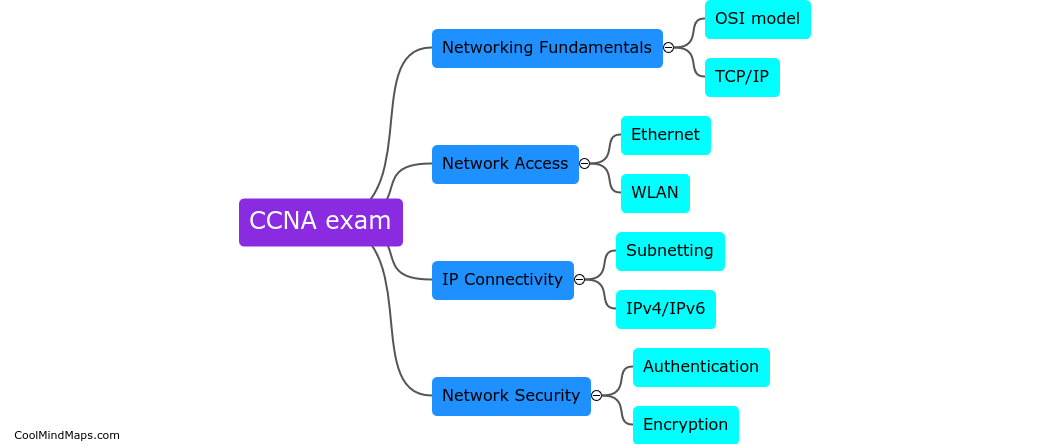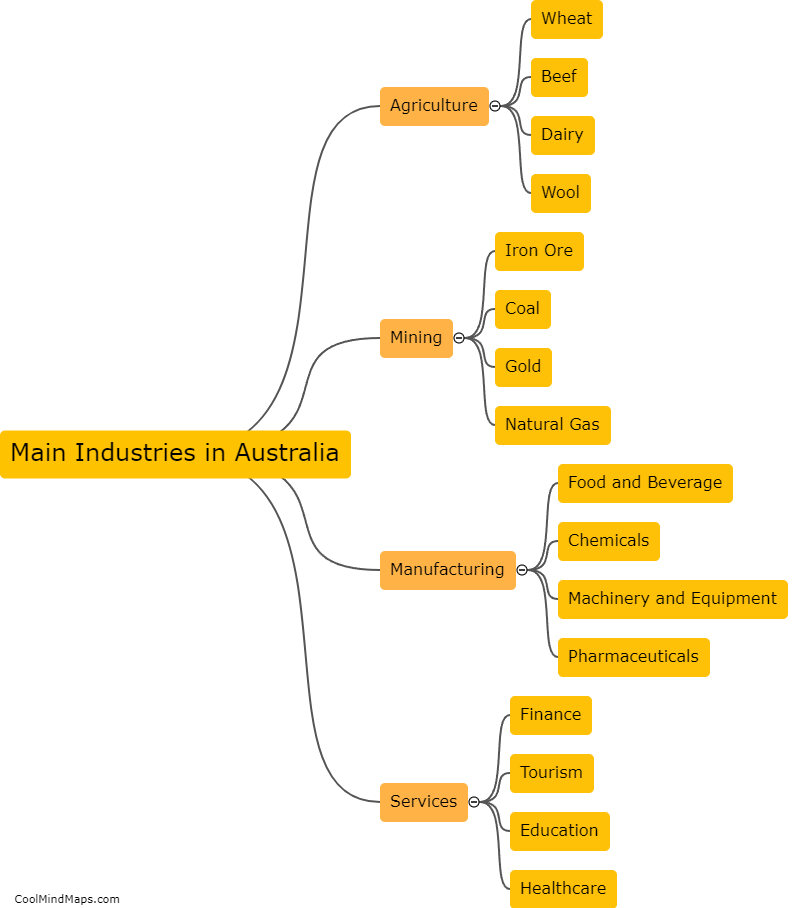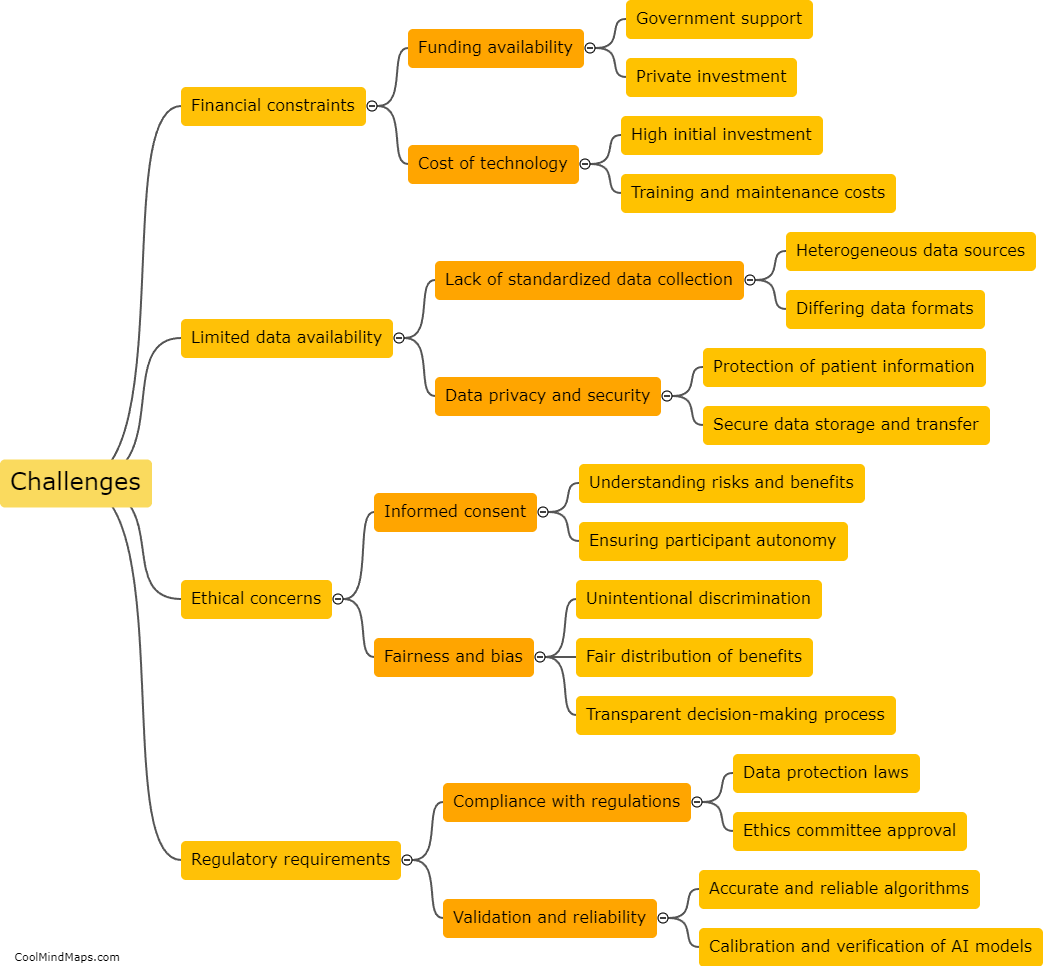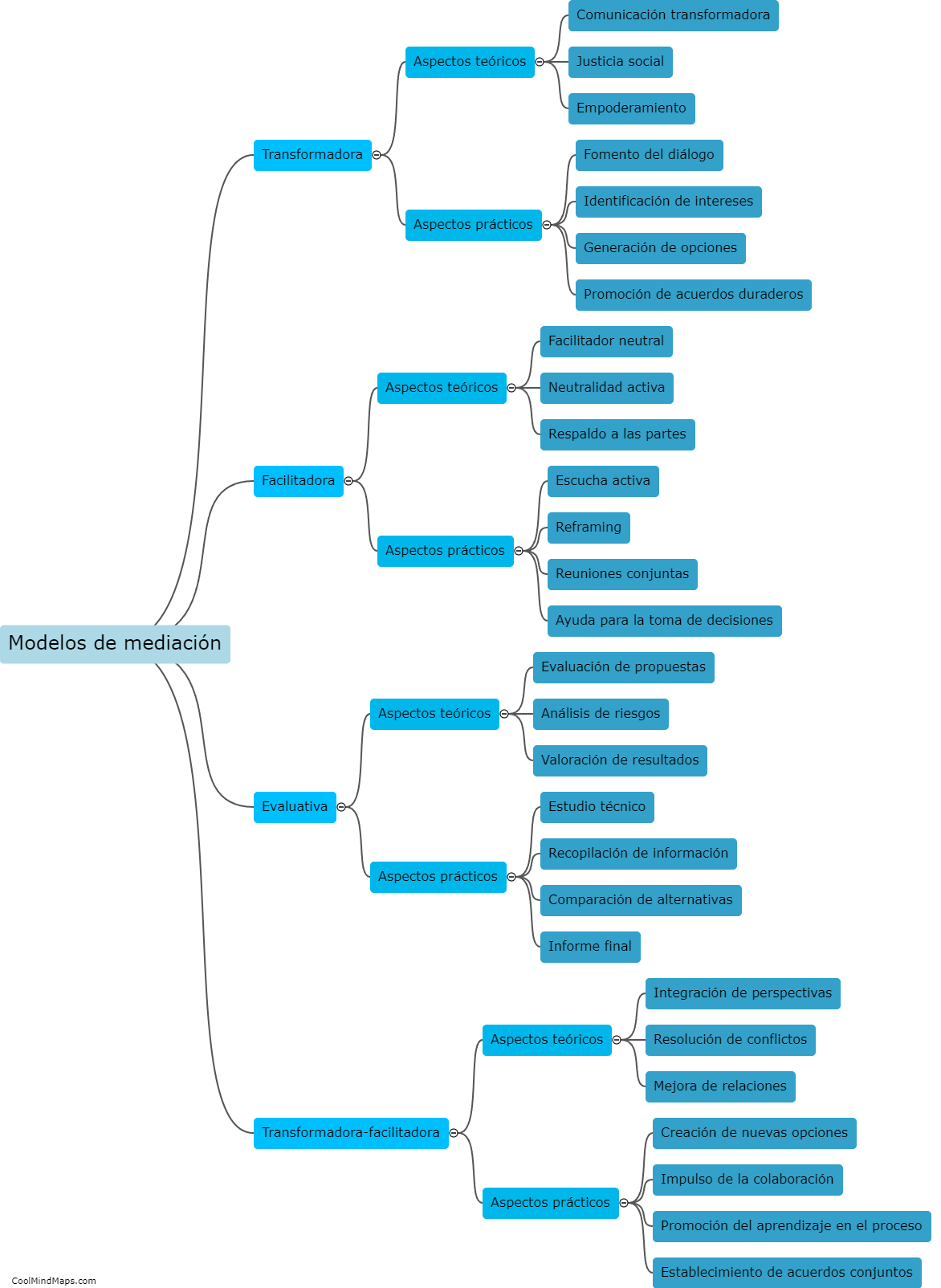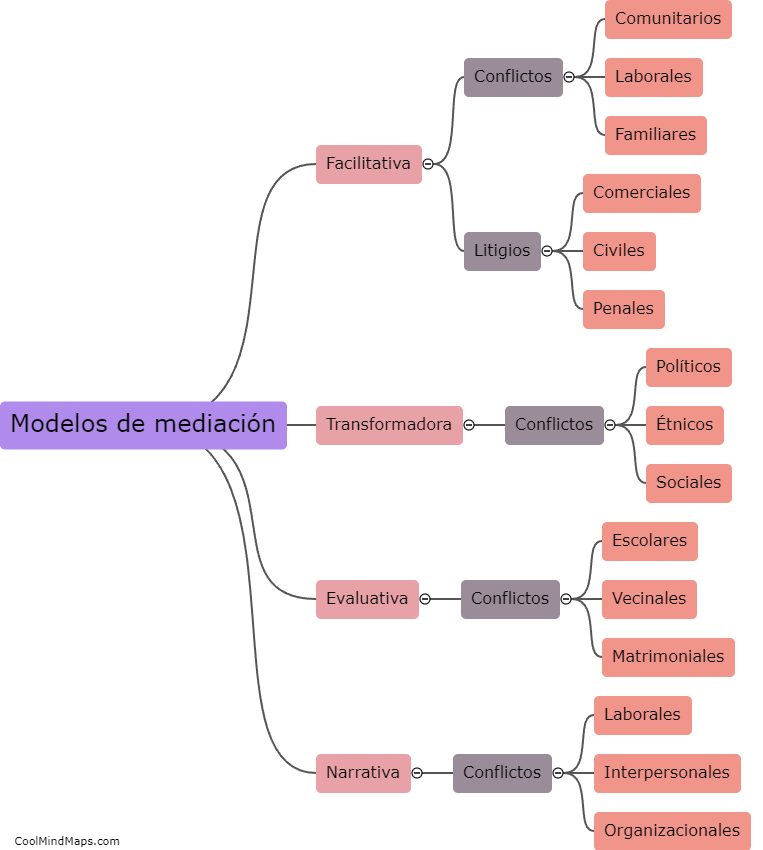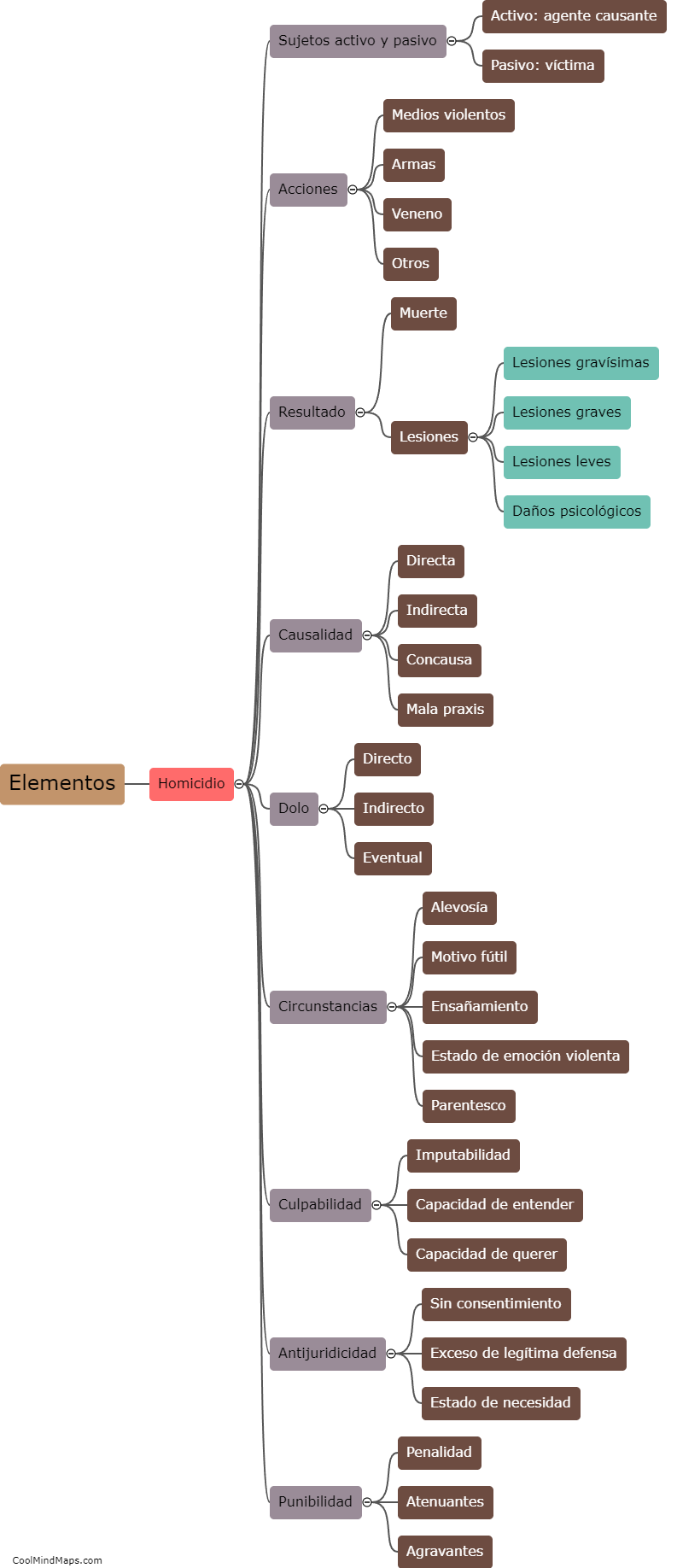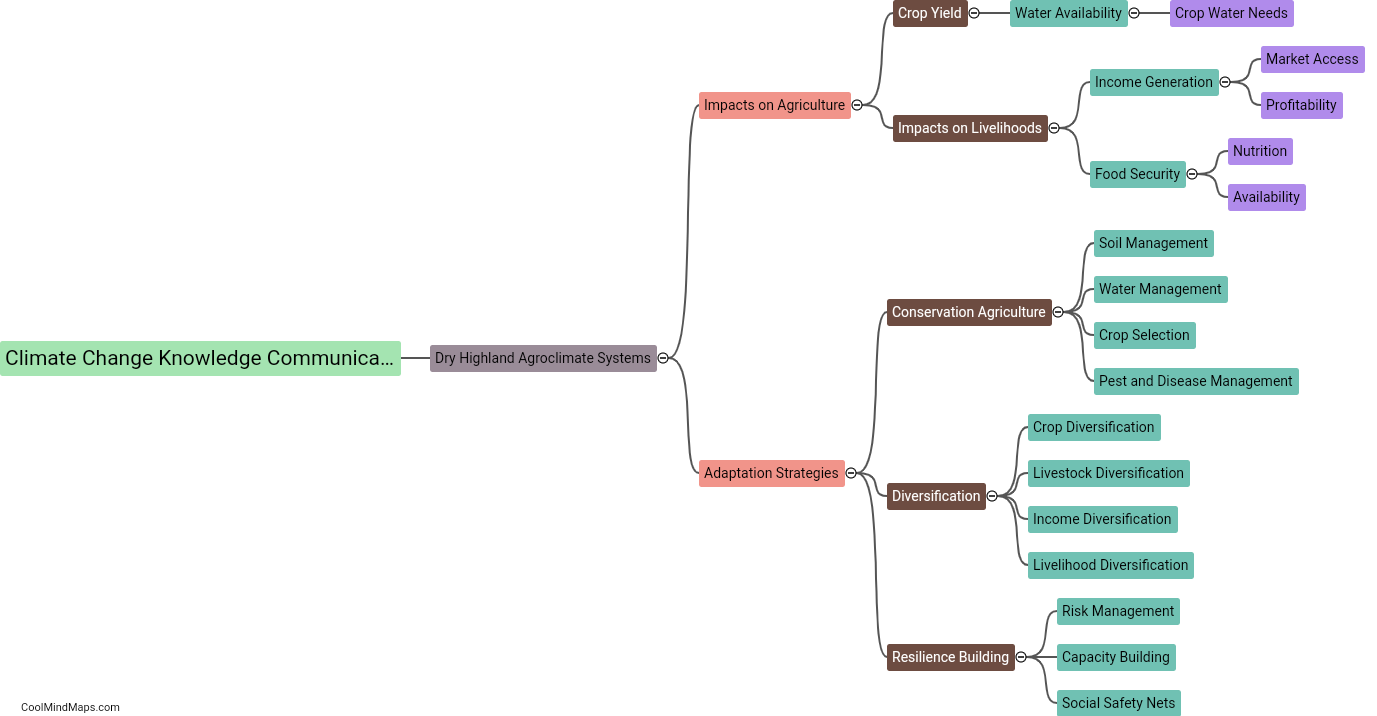What are the key principles of derecho penal en México?
Derecho penal en México, or criminal law in Mexico, is governed by several key principles that form the basis of the country's legal system. One of the fundamental principles is the presumption of innocence, which states that a person is considered innocent until proven guilty in a court of law. Additionally, the principle of legality ensures that individuals can only be punished for actions that are clearly defined as crimes by law. The principle of proportionality ensures that the punishment for a crime is commensurate with its severity. Another important principle is due process, which guarantees that individuals accused of a crime have the right to a fair and impartial trial. Lastly, the principle of human rights protects the fundamental liberties of individuals involved in the criminal justice system, such as the right to privacy, the right to legal counsel, and protection against torture or cruel treatment. These key principles aim to ensure justice, fairness, and respect for human rights within Mexico's penal system.

This mind map was published on 2 July 2023 and has been viewed 256 times.

